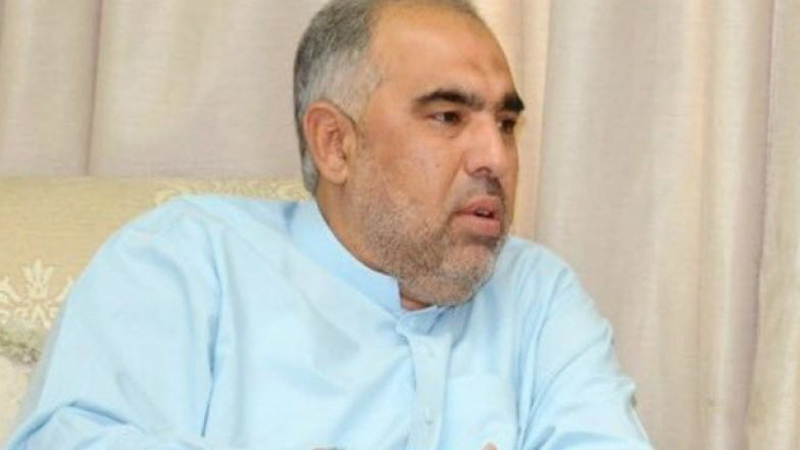

He said that legislators and public representatives’ chief function was welfare focused legislation.
He remarked that setting targets and keeping focus would change the plight of the people and would give a chance to the legislators to be productive and proactive.
He expressed these views while addressing the inaugural session of the five day Orientation Programme for newly elected members of Gilgit-Baltistan(GB) Assembly in Pakistan Institute for Parliamentary Services (PIPS) here.
Speaker Asad Qaiser remarked that GB had the vast potential of tourism and members Gilgit-Baltistan should legislate on futuristic plan to improve this sector. He also remarked that young members of GB Assembly had the vast capacity to change the fate of GB and its people. He also mentioned his achievements as KPK Speaker where tremendous development was achieved in the province.
He also mentioned the importance of knowing the rules and regulations to conduct the business of the house. He stressed on the need to make legislation the chief concern of newly elected members of Gilgit-Baltistan Assembly. He assured full support to Speaker GB Assembly for cooperation and support for the development of the Gilgit-Baltistan.
GB Assembly Speaker Syed Amjad Ali Zaidi appreciated the Speaker’s well wishes and his support. He said that such orientation programme would make members well aware about the technicalities and know-how of the business of the assembly. He also expressed his hope to continue collaborative efforts for the prosperity of the Gilgit-Baltistan.
Chief Executive PIPS Muhammad Anwar expressed his gratitude for the Speaker’s leadership role to make PIPS a proactive and productive initiative to impart quality parliamentary services.
Separately, Asad Qaiser handed over a comprehensive and integrated structural reforms-oriented agricultural growth strategy for the next seven years to Minister for National Food Security and Research and sub-committee of the cabinet on agriculture.
The chief components of the strategy included Special initiatives for Balochistan, South Punjab, KP, Tharparkar, Cotton Revival program, Oilseed Development, Low-Cost Refinance Line of Credit and Credit Enhancement for Digital Production Finance, Digitization of Demand-Driven Extension Content, Integrated Seed System, Agriculture Climate Change Insurance Pool (Farmer Risk Transfer Mechanism) Satellite-based Crop Reporting), Establishment of Agriculture Development Authority for Coordination of Reform Implementation, linkages with Ehsaas, Kamyab Jawan and CPEC and incentives for promoting investment in warehousing, contract farming and farmers produce organizations.
He added that the overarching objective was to achieve agriculture growth rate of 7.5% p.a. by FY 2027-28 led and sustained by producer-owned integrated market-based value chains that incentivize producers to continue investing in modern and climate-smart production technologies, expansion of cultivated land area and value added activities
It was added that the overarching goal of the proposed strategy was to boost agricultural exports, accelerate rural-development driven economic growth, reduce rural poverty, enhance financial and gender inclusion in agricultural sector.
It was added that the proposed model envisioned a pro-poor growth strategy focusing on transformation of the business model of the 7.4 million smallholder farmers who cultivate 48% of the total cultivable land.
It was stated that the weak business model of the smallholder farmers comprising low bargaining power, low access to finance, low yields, fragmented market segment, lack of access to competitive markets and high production cost hindered the modernization of the agriculture sector.
It was maintained that the proposed strategy drawing upon eco-system based, multi-pronged three phased strategy seeks to transform Pakistan’s subsistence agriculture into modern, diversified, competitive and high-value agriculture with a particular focus on productivity and profitability of the smallholders’ farmers.
The Speaker added that the plan was to accelerate the modernization of agriculture sector so that the sector can generate resources for the sustained development of the economy with a high degree of self-reliance.